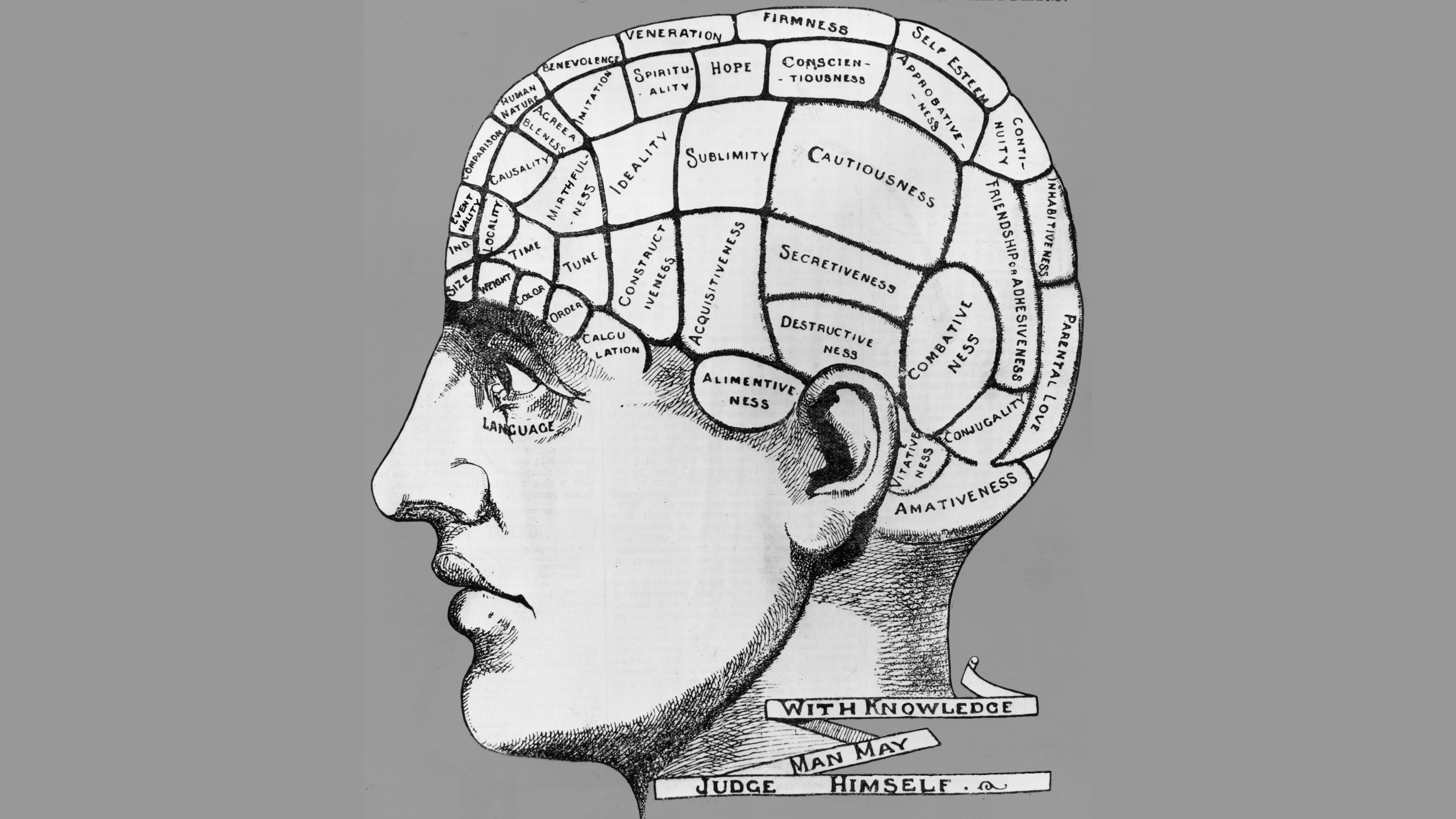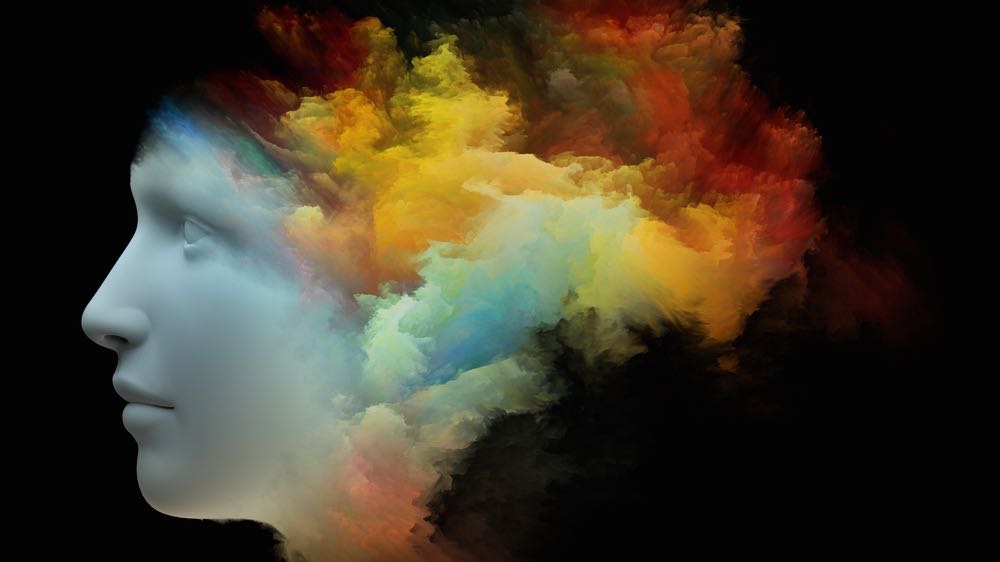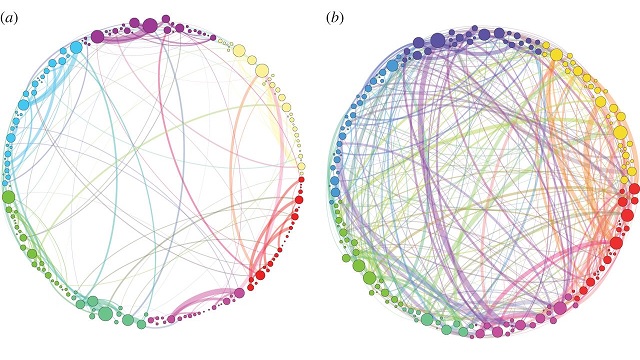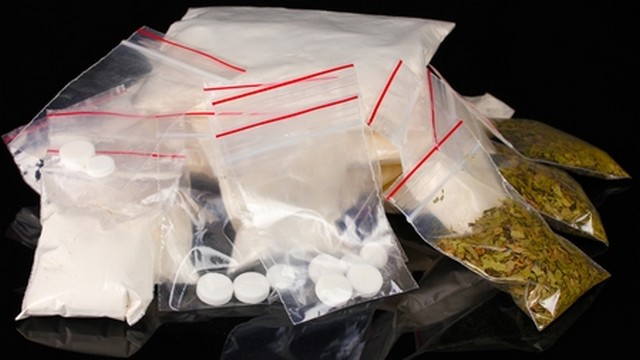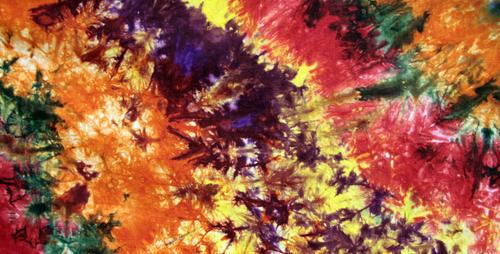A lot goes into classifying a drug, not only it’s effects but how it alters the brain.
Search Results
You searched for: psilocybin
Spontaneous talk on surprise topics. Comic Ari Shaffir talks about outrageousness in comedy, bipartisan e-rage on social media, and growing up and growing out of bad habits.
Two addiction specialists believe we need to reframe the conversation around psychedelics.
Researchers find the drug least likely to send you to emergency room.
There are many people who preach the supposed benefits of psychedelics, but none do it as well, nor as reliably, as these philosophers and scientists.
Virtual reality and psychedelics are paving new paths for treating mental health.
Imagine getting imperceptibly high, then playing Chinese strategy game ‘Go’. This is the experiment the Beckley Foundation will run to test the value of LSD microdosing.
People possessing openness can take diverging visual stimuli and combine them in a special way.
Studies: One Dose of “Psilocybin” from Magic Mushrooms Relieves Depression in 80% of Cancer Patients
New studies from NYU and John Hopkins University show the effectiveness of psilocybin in treating depression and anxiety of cancer patients.
As medicine’s interest in psychedelic drugs increases,will a shamanistic brew join your therapist’s list of go to prescriptions?
That’s a big yes, as an incredible new study from University of Melbourne researchers found.
With a renaissance going on in psychedelic research, is making us better people included?
Psychedelics are experiencing a resurgence. What can we learn from bad trips?
A first study of its kind finds that psilocybin-containing “magic” mushrooms can be effective in treating depression.
Psychedelics came en vogue in the 1960s and since then have been maligned as inducing psychosis. Today, some evidence suggests that tiny doses of these drugs may be useful for curing psychological disorders such as depression, PTSD, and social anxiety, among others. But more research is needed and there are hurdles to overcome.
Psychedelic mushrooms may be the explanation to how the human neocortex experienced a dramatic evolutionary change from early hominids to homo sapiens.
While progress has been made in understanding the mechanisms behind consciousness, a seemingly limitless neuronal interaction makes discovering a point of origin challenging.
Therapeutic research on LSD stopped in 1968. Now we’re rediscovering its value.
While we usually associate yoga with flexibility-inspired exercise, evidence shows a lack of psychedelic mushroom tea could lie at the foundation of this discipline.
Marijuana might steal the headlines, but psychedelics are making headway in the American consciousness. DMT: The Spirit Molecule producer/director Mitch Schultz discusses this trend.
Psychedelics like psilocybin and LSD are being researched again after a 40-year hiatus, and the results are promising, from both a scientific and spiritual perspective.
Psychedelics are showing promising results in helping a wide variety of ailments. But can they also result in addiction?
In a study of 130,000 American adults, including 19,299 psychedelics users, researchers failed to find evidence that taking psychotropic substances results in serious mental health problems.
Hallucinogenic mushrooms are classified as a Schedule 1 drug in the United States, meaning they are considered to have the highest potential for abuse and lack any medical application.
Scientists and mathematicians hope to unlock the secrets of psilocybin, a compound found in magic mushrooms, in order to better understand how networks in the brain connect in uninhibited states.
“In the information age, you don’t teach philosophy as they did after feudalism. You perform it. If Aristotle were alive today he’d have a talk show.”
-Timothy Leary
1. Don’t Let Math Get in the Way of Big Ideas “Many of the most successful scientists in the world today are mathematically no more than semiliterate.” E.O. Wilson shares […]
Dr. Oliver Sacks’ 2013 book Hallucinations is a tremendous anthology of case studies of hallucinatory experiences recorded through his decades of work as a clinical neurologist, his analysis of clinical […]
British researchers say that government banning on mind-altering drugs interferes with their experimental studies, which could lead to the discovery of new treatment options.
New medical claims have brought once illicit drugs back into fashion, argues Cambridge University fellow Victoria Harris, showing how capricious our attitudes toward drugs really are.
















